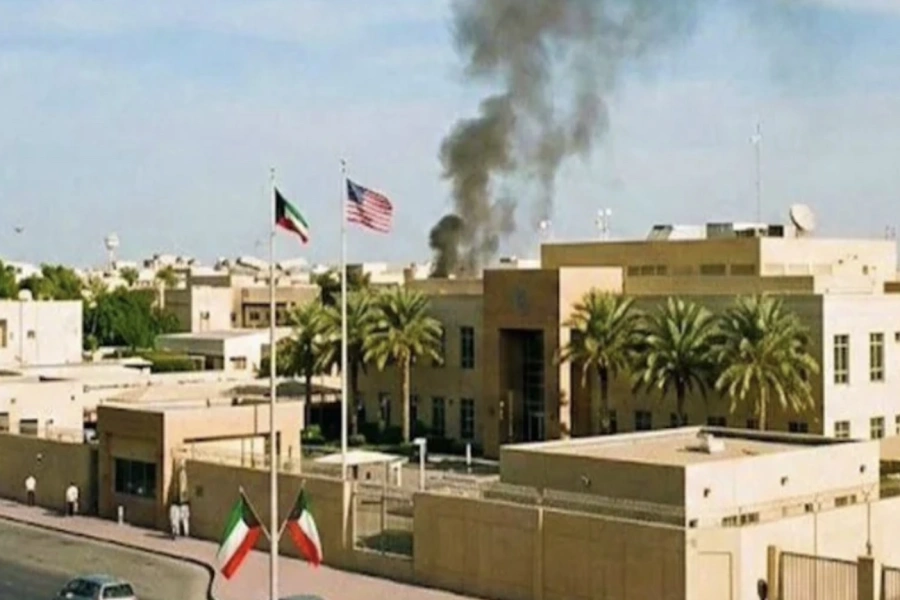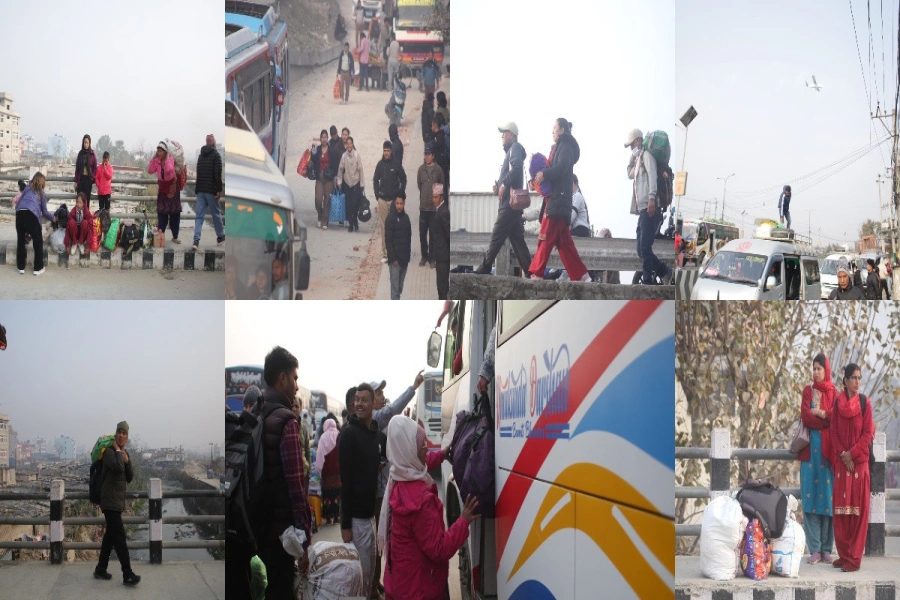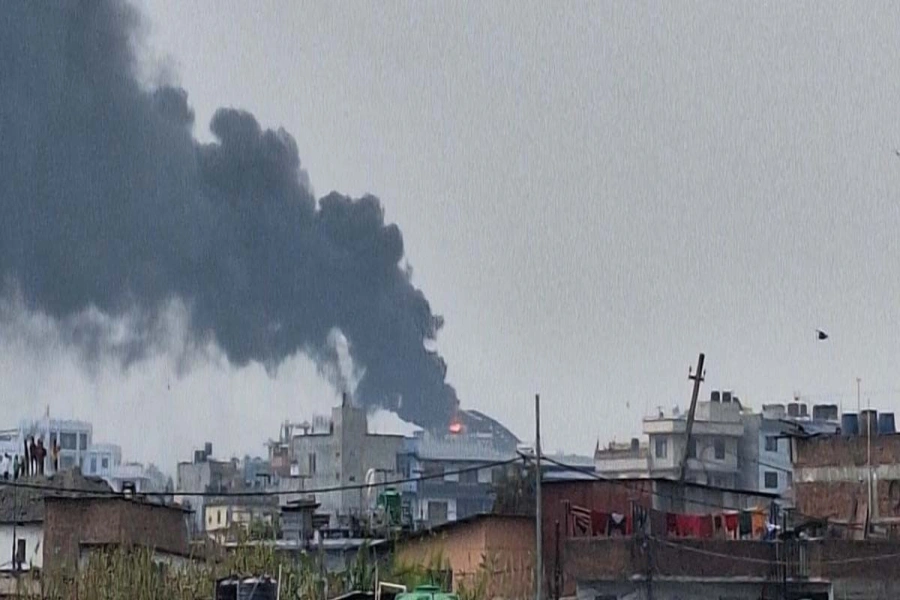Despite repeated commitments from politicians and bureaucrats, corruption remains deeply entrenched in Nepal’s governance and economic systems. The Corruption Perception Index (CPI) released globally by Transparency International (TI) on Tuesday paints a grim picture in terms of the progress made by Nepal to curb the endemic corruption in the country. The report shows that corruption has indeed increased, with Nepal’s CPI score dropping from 35 to 34, ranking 107th globally. The TI Nepal has cited a worsening trend in huge illegal financial dealings involving import/export, public services, tax payments and government contracts behind the worsening corruption situation. This situation calls for the government to take stern action to effectively curb corruption and stop weakening public institutions and hinder economic growth. The rising corruption, if not curbed with due urgency, will not only affect Nepal’s national economy but also leave a significantly negative impact on foreign investment and development assistance.
The CPI uses a scale from 0 to 100, with 0 indicating a country perceived as highly corrupt and 100 representing a country perceived as very clean. A country with a score of less than 50 is perceived as highly corrupt. A closer look at the CPI score suggests that Nepal’s situation in terms of corruption has not been good for the past several decades. Nepal’s CPI score over the past decade has consistently remained below 50, indicating pervasive corruption. The latest TI report has shown a slight improvement in government accountability and public resource management. However, it has noted that bribery in business transactions and contracts has increased sharply, indicating that Nepal has a long way to go to effectively curb policy related corruption. It is worth noting that many other countries in the region such as Bhutan, India, the Maldives, Sri Lanka, and China have all scored higher than Nepal on the CPI, indicating that they have relatively better anti-corruption measures. As highlighted by the TI report, authorities concerned must introduce stringent measures to control the bribery in import-export transactions, government contracts and tax collection.
Reforming Anti-Corruption Legislations

One of the major reasons behind the rising corruption in Nepal has been attributed to political financing and excessive electoral spending. Reports from the global organizations including the World Bank and World Economic Forum have suggested that they are likely to exacerbate the already worse corruption situation. The growing corruption not only affects the country’s economy, but more importantly leaves the ordinary public facing the burden of paying bribes for availing the basic public services they are entitled to receive. It is high time the government took decisive steps such as strengthening the anti-corruption institutions, ensuring transparency in all financial dealings and enforcing strict penalties against corrupt officials. A strong commitment from the top political leadership across parties is a must to do away with corruption. Political leaders irrespective of their affiliation must be held accountable if they are found in any act of corruption. Judiciary, media and civil society bodies must also play their role to curb corruption. The CPI results should serve as a wake-up call for all stakeholders including the top political leadership to act decisively before it is too late.





-1200x560-1772467693.webp)



_20230830114144.jpg)



























